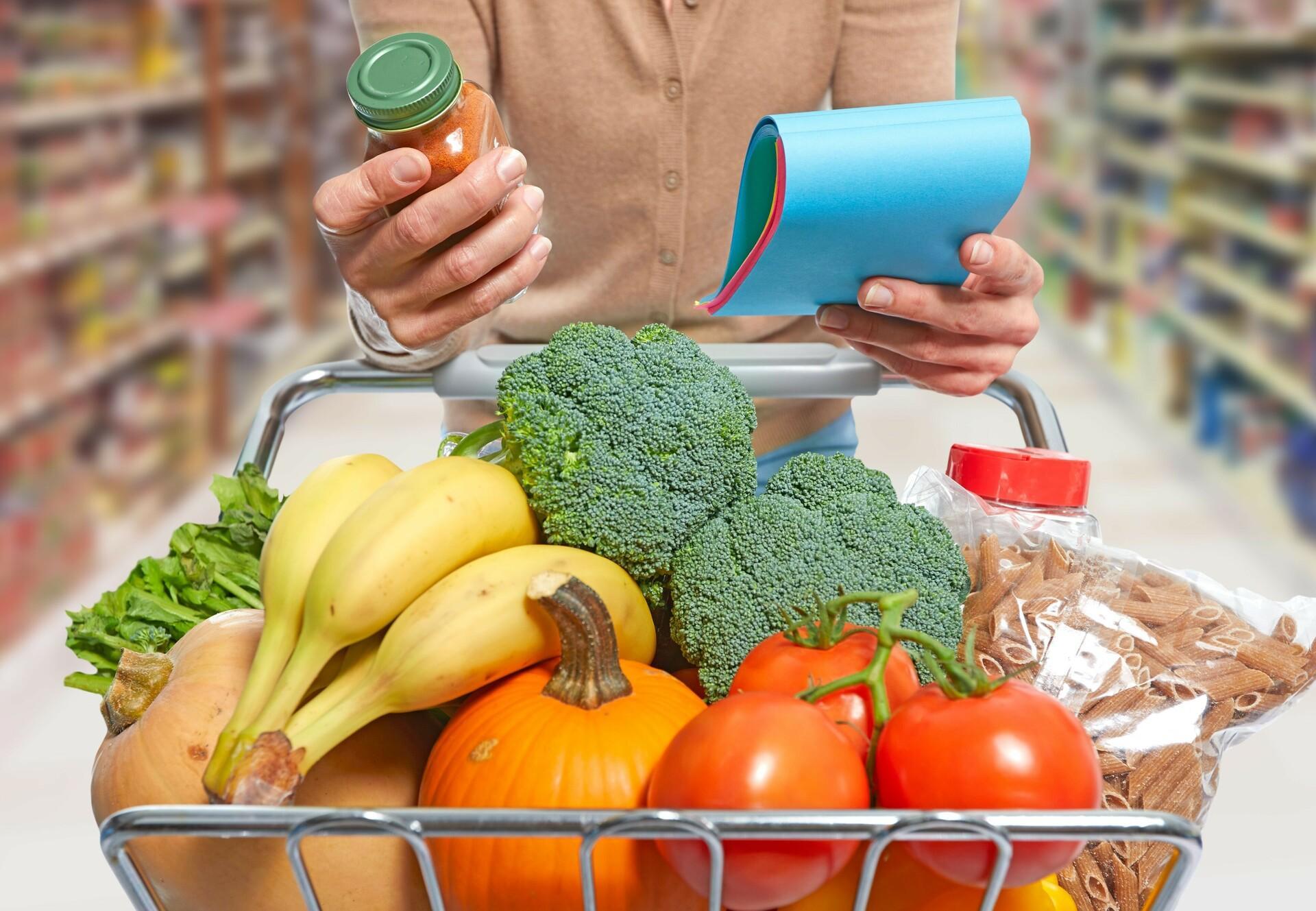
Meatless-meat burgers, mayo without eggs ...
Are these animal-free alternatives good for us?
Meatless-meat burgers, mayo without eggs, bacon without with pork and chicken without poultry. These are just some of the innovative, animal-free products which have hit our supermarkets and are being eaten by more consumers than ever before.
2020 saw a considerable jump in the number of flexitarians consciously reducing the number of animal products in their diet, which is rapidly set to increase. More and more people around the world are switching to plant-based options. Why is this happening?
The demand for alternative proteins – beyond traditional meat, fish and dairy sources – is rapidly expanding not only across Europe, but also across the globe. This is primarily because consumers are turning to food they view as healthier and more environmentally friendly, and food industries are responding by driving excitement through innovation.
Taking it a step further, food-focused start-ups are creating more hi-tech food items which mimic the texture, taste and look of traditional animal-based foods-minus the animal ingredients. With consumers being open to trying something new- two main concerns still remain.
Are they safe? And are they healthy for us?
The good news is that none of these innovative food products can hit the market without vigilant controlled safety tests and since they are processed in controlled environments, they don’t contain antibiotics which many animal-based product counterparts do. That’s not to say that many processed plant-based foods are good for us. They tend to be high in calories and have a low nutritional value.
The main things to look out for are the following:
- Genetically Modified Soy: Recently, the threat of GMOs has been making headlines than ever before. Soy is one of the leaders of the pack, If it's not organic and/or verified as non-GMO, then the soy — soy protein concentrate or isolate — that makes up the bulk of many processed plant-based food is most likely genetically modified, bringing with it numerous health threats. The good news is that there are organic/non-GMO available now so one can know what they are eating and endorsing.
- Fillers: The longer and more complicated the ingredient list, the more likely it's unhealthy for us. As with soy, unless these items are listed as being organic/non-GMO verified, it best avoided.
- Sodium: This is another word for salt, and many processed plant-based alternatives are laden with high amounts of salt, especially frozen ones. It's important to check the amount of sodium compared to the serving size to decide whether it's a thumbs up or down. Now manufacturers are teaming up with scientists and innovators to improve the taste, texture and look of plant-based alternatives which are completely soy-free. With soy and tofu being replaced with potatoes, peas, seitan and tempeh, taste will become one of the future selling points for many of these new products which are totally animal-free and healthier for us. Since a large variety of plant-based products already exists in the market today, a steady increase in demand will drive prices down and make them even more readily available.
As with any diet, a balanced one is essential in ensuring it’s both healthy and nutritious. One cannot go wrong with increasing their fresh vegetable intake and decreasing the amount of meat, dairy and eggs.
Enjoying more meat-free meals can lead to significant health benefits
- Choose fresh organic and seasonal ingredients
- Read labels to familiarise yourself with how the products were sourced
- Research the company's mission and philosophy behind their animal-free product range
- Understand the long fancy names of ingredients in processed food items. If its difficult to pronounce - it's best avoided!
- Cook home-made meals. There is nothing more satisfying when a meal is made from scratch from animal-free ingredients which not only looks good but tastes just as great
With food trends rapidly changing and the food industries coming up with more animal-free products, we can be sure that we will never be limited to certain food types and will always have a choice in making more conscious, healthy food choices whenever possible.
